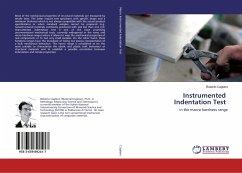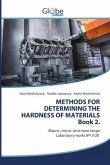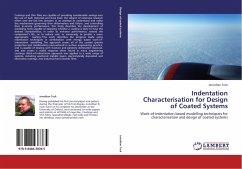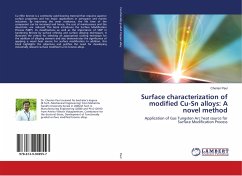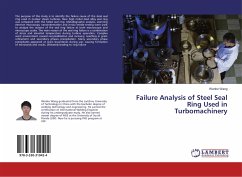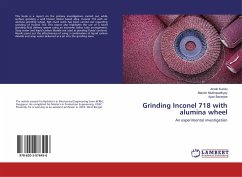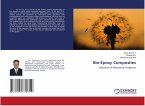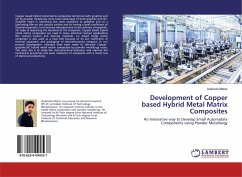Most of the mechanical properties of structural materials are measured by tensile tests. The latter require test specimens with specific shape and a minimum thickness which is not always compatible with the actual product specifications or when standard samples cannot be prepared (e.g. nanostructured materials commonly produced with size less than one cm). Instrumented indentation test is one of the most promising unconventional mechanical tests, currently widespread in the nano and micro hardness ranges where it allows to map the mechanical properties of real components or to test very small samples. On the other hand, these hardness ranges have the drawback of being not always representative of a bulk mechanical behaviour. The macro range is considered to be the most suitable to characterize the elastic and plastic bulk behaviour of structural materials and to establish a possible correlation between indentation and tensile properties.
Bitte wählen Sie Ihr Anliegen aus.
Rechnungen
Retourenschein anfordern
Bestellstatus
Storno

